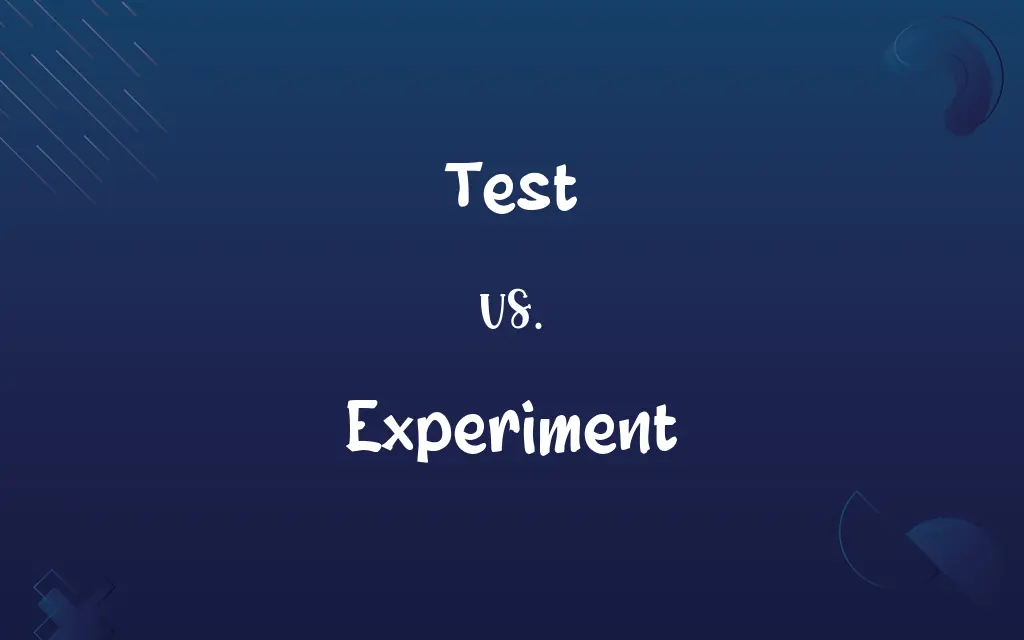Which Of The Following Is Generally Tested By Experimentation

The relentless pursuit of knowledge hinges on rigorous methodologies, and at the heart of scientific inquiry lies the power of experimentation. But what exactly does experimentation truly test? In a world saturated with claims and hypotheses, the ability to discern truth from speculation is paramount.
This article delves into the core of experimental design to illuminate the specific elements it aims to evaluate. Understanding the true target of experimentation is crucial for interpreting scientific findings and making informed decisions in a complex world. We explore the pivotal role experimentation plays in validating or refuting hypotheses, the importance of controlling variables, and the limitations inherent in this powerful research tool.
The Hypothesis as the Target
At its most fundamental, experimentation is generally designed to test a hypothesis. A hypothesis is a testable statement about the relationship between two or more variables.
It's a proposed explanation for a phenomenon, a prediction waiting to be either supported or refuted by empirical evidence. In essence, the experiment acts as a carefully constructed trial to see if the hypothesis holds true under controlled conditions.
As Sir Karl Popper famously stated, "The criterion of the scientific status of a theory is its falsifiability, or refutability, or testability." Experimentation is the engine of this falsifiability.
Independent and Dependent Variables
Experiments typically manipulate one or more independent variables to observe their effect on a dependent variable. The independent variable is the factor that the researcher changes or controls. The dependent variable is the factor that is measured to see if it is affected by the independent variable.
For example, in a study examining the effect of fertilizer on plant growth, the amount of fertilizer used would be the independent variable. The height of the plant after a set period would be the dependent variable.
By systematically varying the independent variable and carefully measuring the dependent variable, researchers can gather data to determine if a causal relationship exists between the two.
Control Groups and Confounding Variables
To ensure that the observed effects are truly due to the independent variable, researchers use control groups. A control group is a group that does not receive the experimental treatment. This group serves as a baseline for comparison.
Without a control group, it would be difficult to determine if the observed changes in the dependent variable were caused by the independent variable or by some other factor. Confounding variables are extraneous factors that can influence the dependent variable and obscure the relationship between the independent and dependent variables.
Careful experimental design aims to minimize the influence of confounding variables by controlling as many factors as possible. Random assignment of participants to treatment and control groups is a key technique used to minimize bias.
Beyond Simple Causation: Exploring Complex Relationships
While experiments often seek to establish causal relationships, they can also be used to explore more complex relationships between variables. For example, an experiment might investigate the interaction between two or more independent variables.
Or it might examine the mediating effects of a third variable on the relationship between the independent and dependent variables. These types of experiments require more sophisticated designs and statistical analyses, but they can provide valuable insights into the underlying mechanisms that drive observed phenomena.
Correlation does not equal causation, and carefully designed experiments are crucial for establishing causal links.
Testing Theories and Models
Experimentation also plays a crucial role in testing broader theories and models. Theories are well-substantiated explanations of some aspect of the natural world. Models are simplified representations of reality that can be used to make predictions.
Experiments can be designed to test specific predictions derived from a theory or model. If the experimental results are consistent with the predictions, it provides support for the theory or model. If the results are inconsistent, it may suggest that the theory or model needs to be revised or replaced.
"The most beautiful thing we can experience is the mysterious. It is the source of all true art and science." - Albert Einstein
Limitations of Experimentation
Despite its power, experimentation is not without its limitations. It can be difficult to control all of the variables that might influence the dependent variable, especially in complex real-world settings.
Ethical considerations can also limit the types of experiments that can be conducted, particularly when human subjects are involved. Furthermore, experimental results may not always be generalizable to other populations or settings.
Researchers must carefully consider these limitations when designing experiments and interpreting their results.
The Importance of Replication
To increase confidence in experimental findings, it is essential that experiments be replicated. Replication means that other researchers should be able to repeat the experiment and obtain similar results.
If an experiment cannot be replicated, it raises questions about the validity of the original findings. The replication crisis in science has highlighted the importance of rigorous experimental design and transparent reporting of results.
Replication helps to ensure that scientific knowledge is reliable and trustworthy.
The Future of Experimentation
Experimentation remains a cornerstone of scientific progress. Advances in technology, such as automated data collection and analysis, are making it possible to conduct experiments more efficiently and with greater precision.
New experimental designs are being developed to address increasingly complex research questions. The ongoing development of computational models allows for *in silico* experiments to complement traditional lab-based experiments.
As we continue to explore the mysteries of the universe, experimentation will undoubtedly remain an indispensable tool for advancing our understanding.

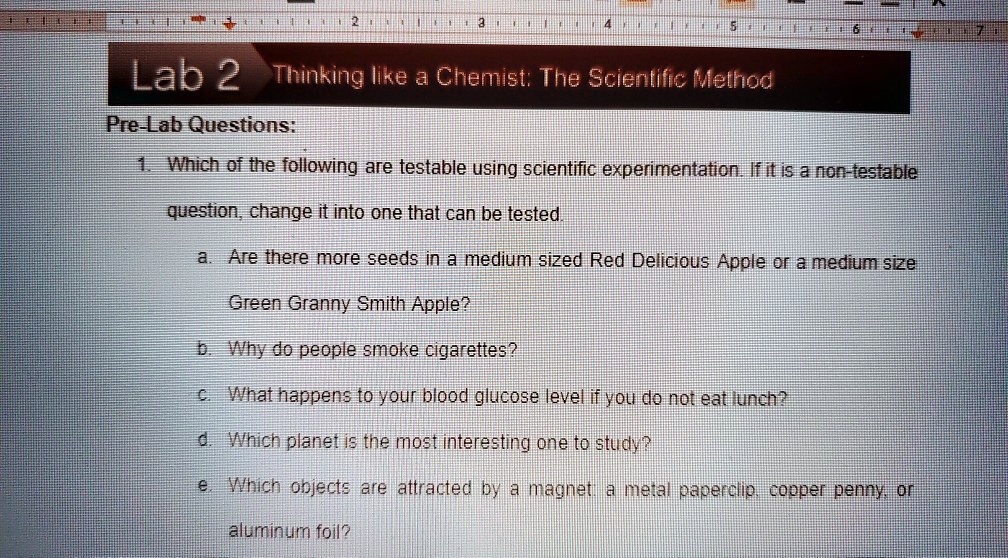
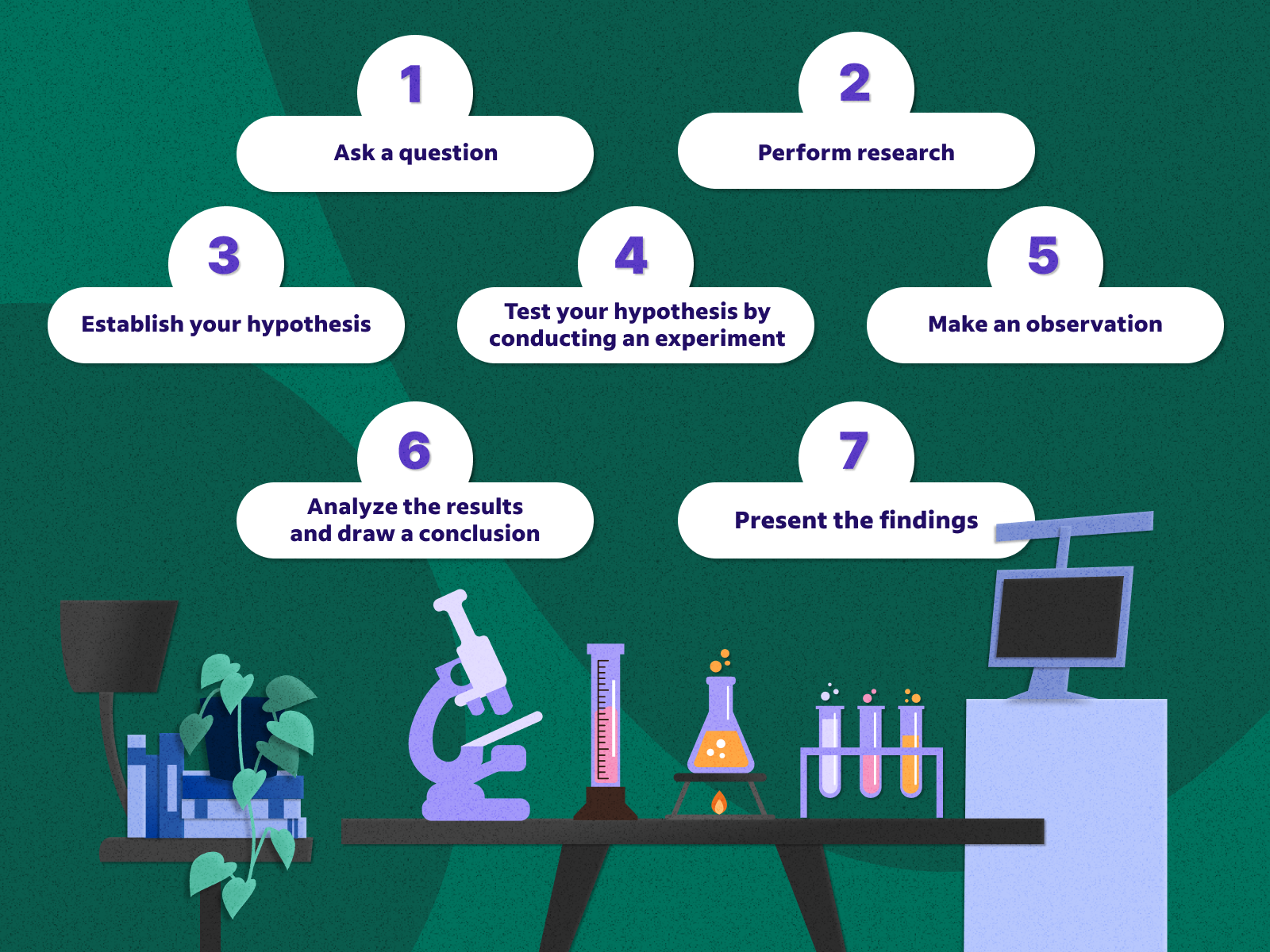
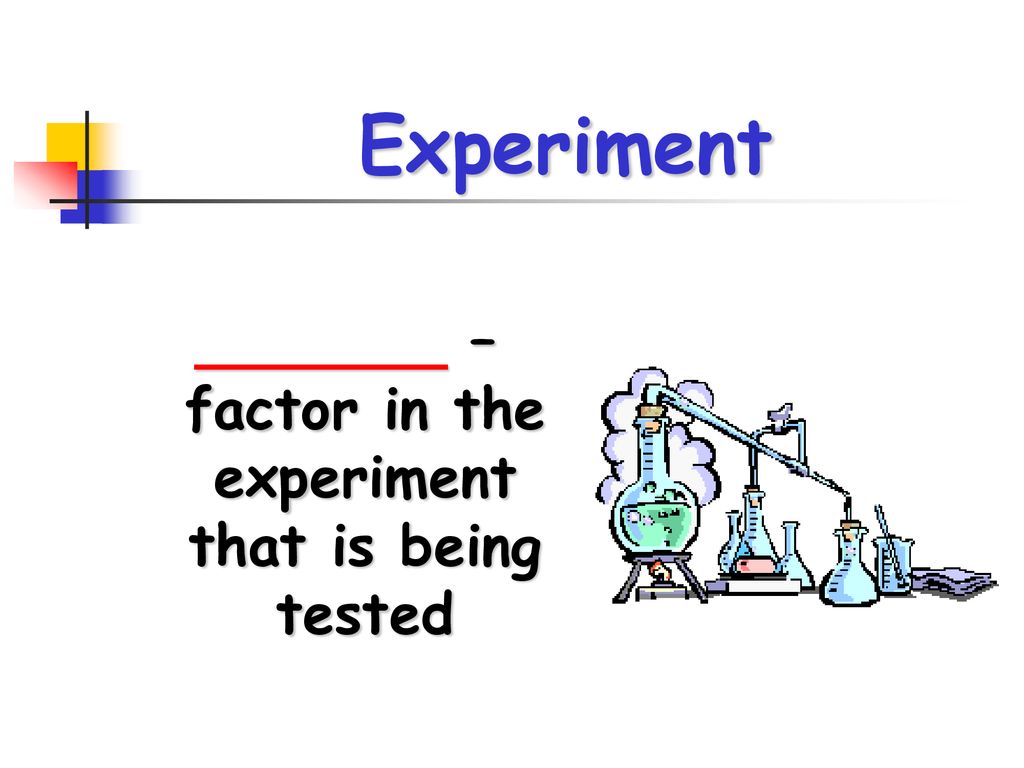
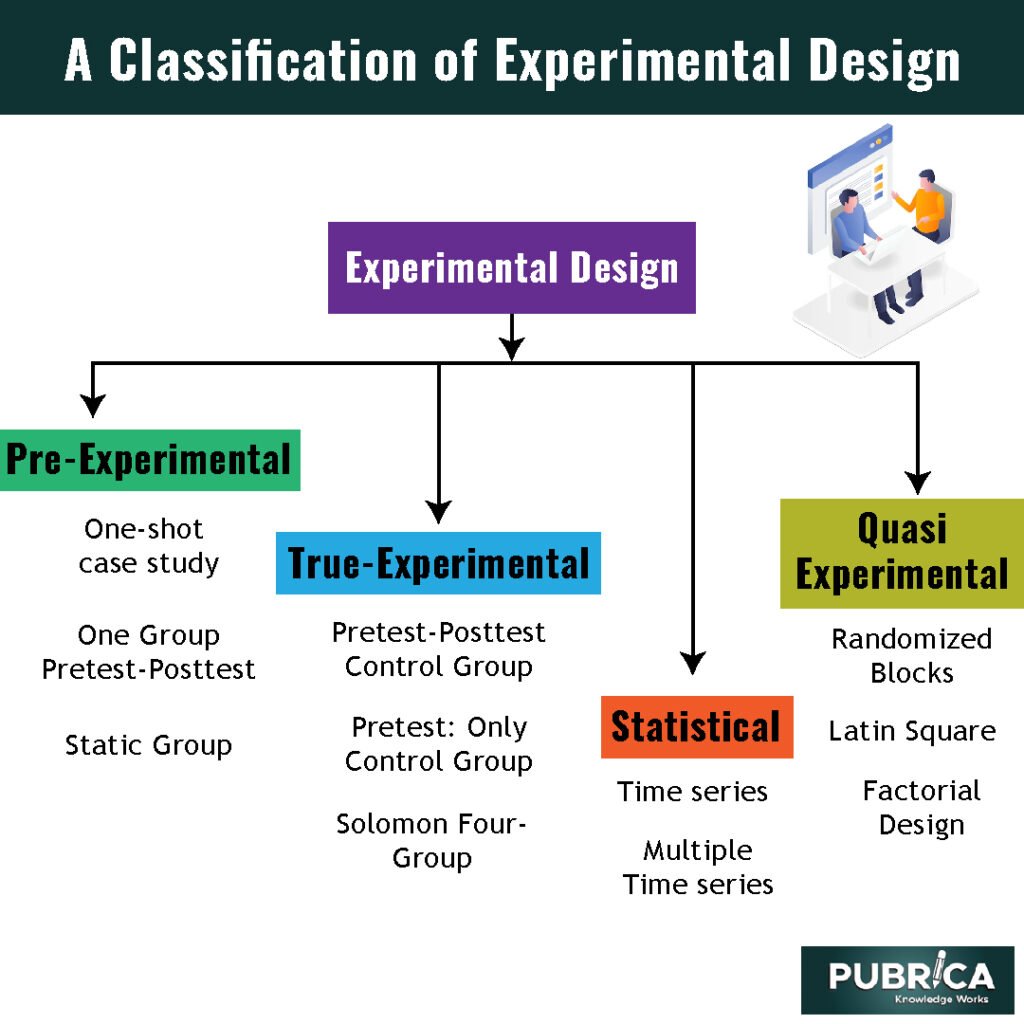
+among+variables%2C+or+to+test+a+hypothesis..jpg)




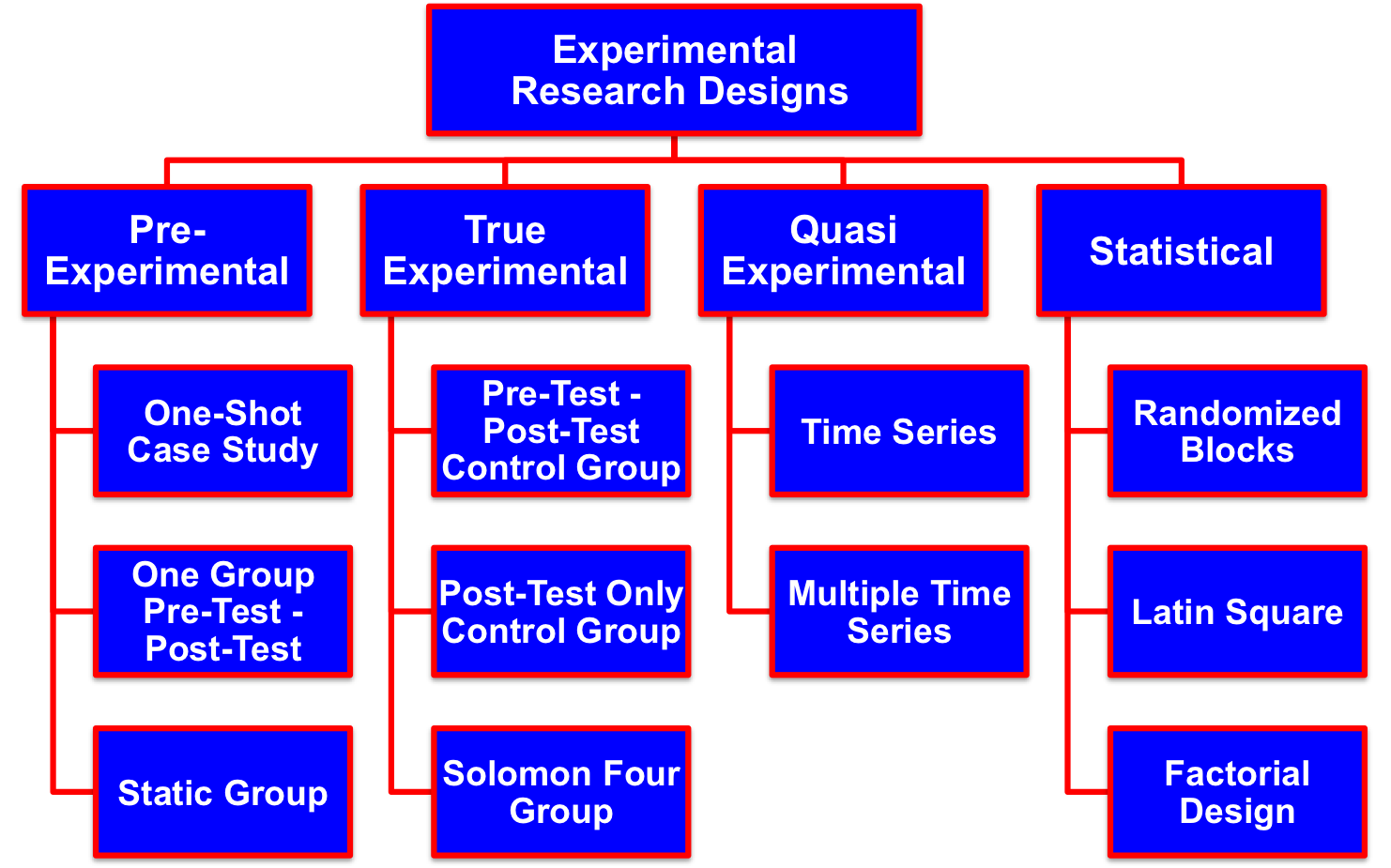



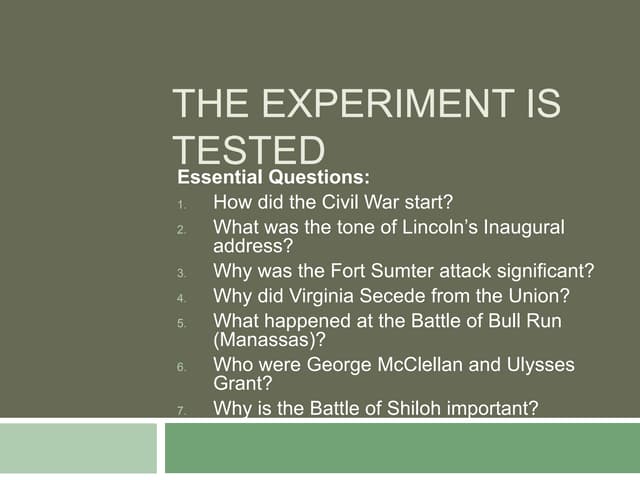
![Which Of The Following Is Generally Tested By Experimentation SOLVED: [5] An experiment Was run to determine whether four specific](https://cdn.numerade.com/ask_images/1ce7166f3ab14b05ab4b808e0b531a87.jpg)

